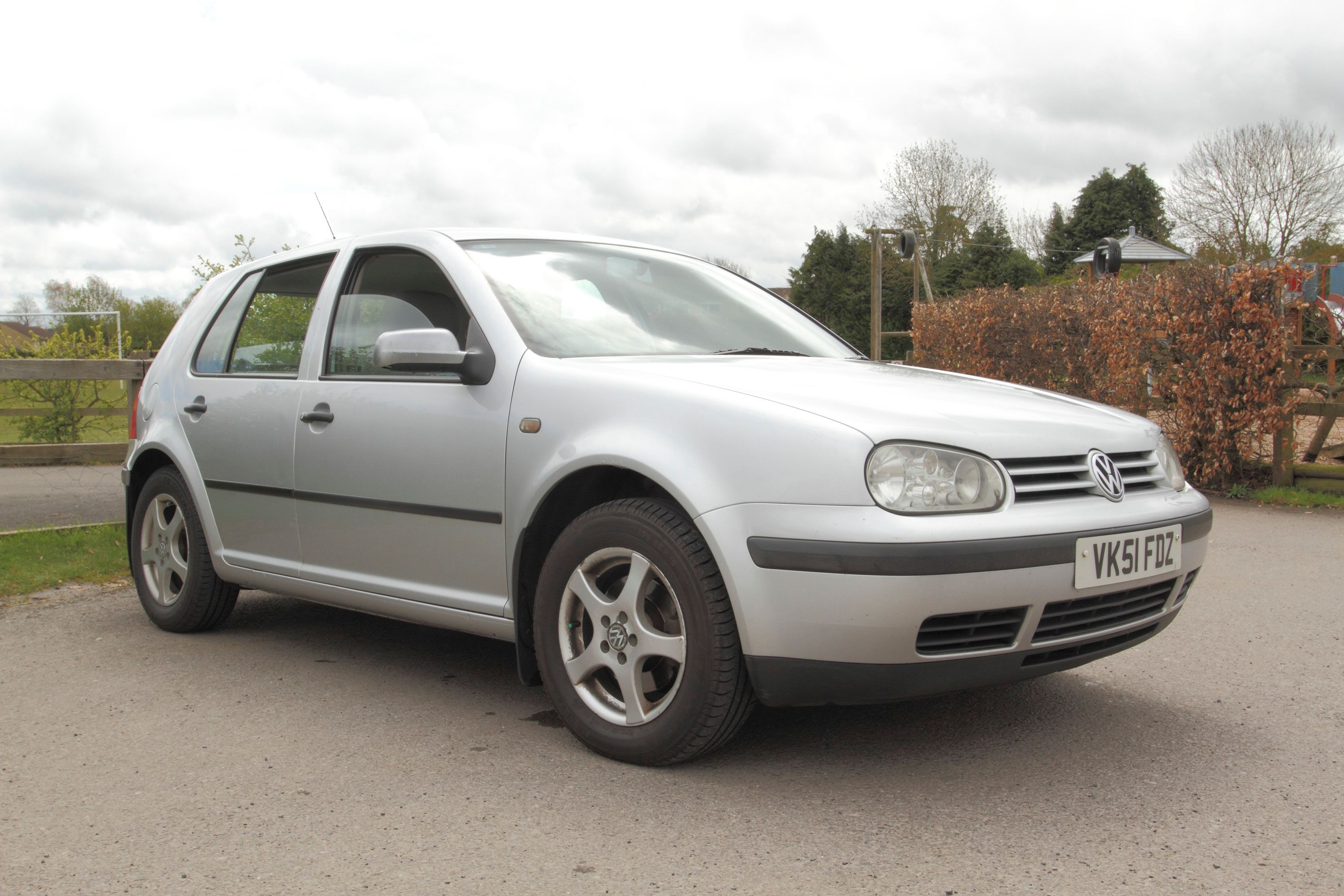Two of Germany’s biggest cities can now enforce bans on diesel vehicles after the country’s top administrative court determined that a ban on diesel cars are an effective means to improve air quality in those cities. The court ruling, which Environmental Action Germany (DUH), the country's top environment and consumer watchdog, fought for, means that the cities of Stuttgart and Dusseldorf can now impose these bans to address the rising measure of nitrogen dioxide emitted by the high concentration of diesel cars in the country.
The issue is serious enough that it should be addressed. The question is whether it’s going to be addressed. The court’s rulings will help draw up support to impose bans on diesel cars in these cities, but until the federal government and the local auto industry jump on board with a plan, it’s going to take more than a court ruling to see any kind of headway in implementing this solution to address the issue.
Suffice it to say; it’s easier said than done. That’s also taking into account that a number of major cities all over the world have started imposing bans on gas and diesel-powered cars. Some of these bans range from the occasional day-long variety to outright bans at certain points in the future.
Germany, though, is a different beast altogether. If the country were really serious about banning diesel cars, it would’ve done it a long time ago. But seeing as it’s home to some of the biggest automakers in the world — Volkswagen, Daimler, BMW — that produce a significant amount of diesel cars, there’s going to be a lot of pushback from the industry, at least until the development of hybrid and electric cars start gaining serious momentum.
Still, the court’s decision to allow cities to ban diesel-powered vehicles is a big step in the right direction. According to German news outlet DW, “the court in Stuttgart said driving bans were the “most effective” means to improve air quality and safeguard health in urban areas, while the Düsseldorf court found the bans had to be “seriously examined.”
Now that both cities can issue bans without needing federal legislation, it’s time for their respective leaders to step up and address the issue. It could be imposing bans, or it could be something else. German Chancellor Angela Merkel touched on that point, saying that if cities decide to carry out bans, there needs to be a discussion on the parameters that will be put in place. "This concerns individual cities where more needs to be done, but it's not really about the entire area of Germany and all car owners," she said.

